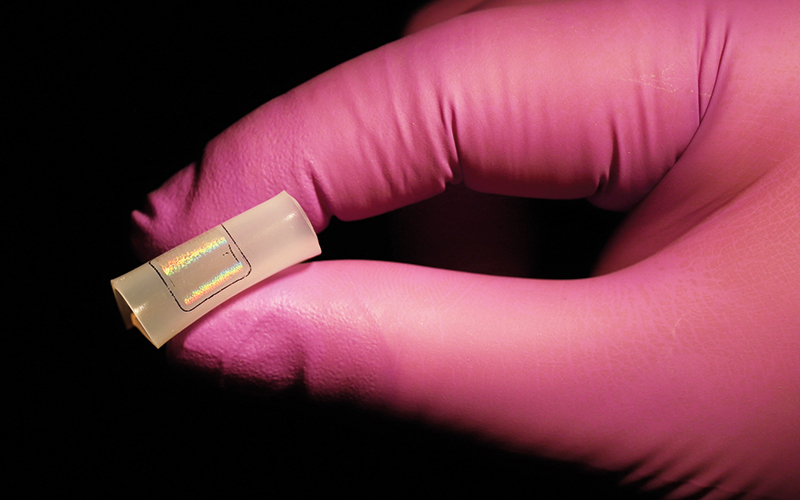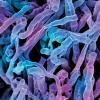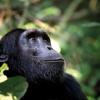A COVID-19 sensor developed at Johns Hopkins University could revolutionise virus testing.

A new study describes the sensor, which requires no sample preparation and minimal operator expertise.
The researchers say it offers an advantage over existing testing methods, especially for population-wide testing.
Ishan Barman, an Associate Professor of Mechanical Engineering, said: “The technique is as simple as putting a drop of saliva on our device and getting a negative or a positive result... this is a label-free technique, which means no additional chemical modifications are required.”
Barman says the new technology, which is not yet available on the market, addresses the limitations of PCR and rapid tests.
The sensor is nearly as sensitive as a PCR test and as convenient as a rapid antigen test.
During initial testing, the sensor demonstrated 92% accuracy at detecting SARS-COV-2 in saliva samples. The sensor was also highly successful at rapidly determining the presence of other viruses, including H1N1 and Zika.
Image credit |Flexible FEMIA




